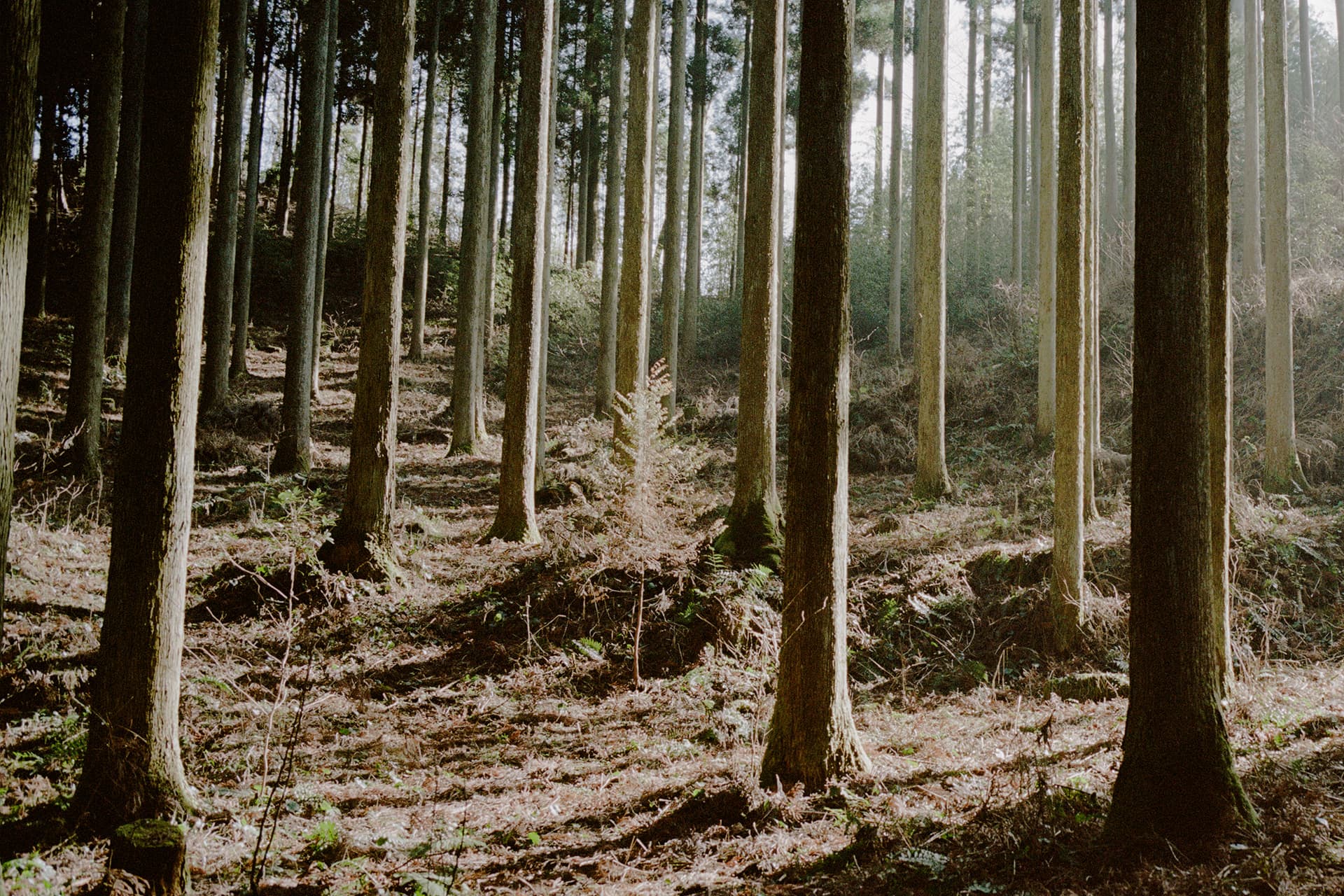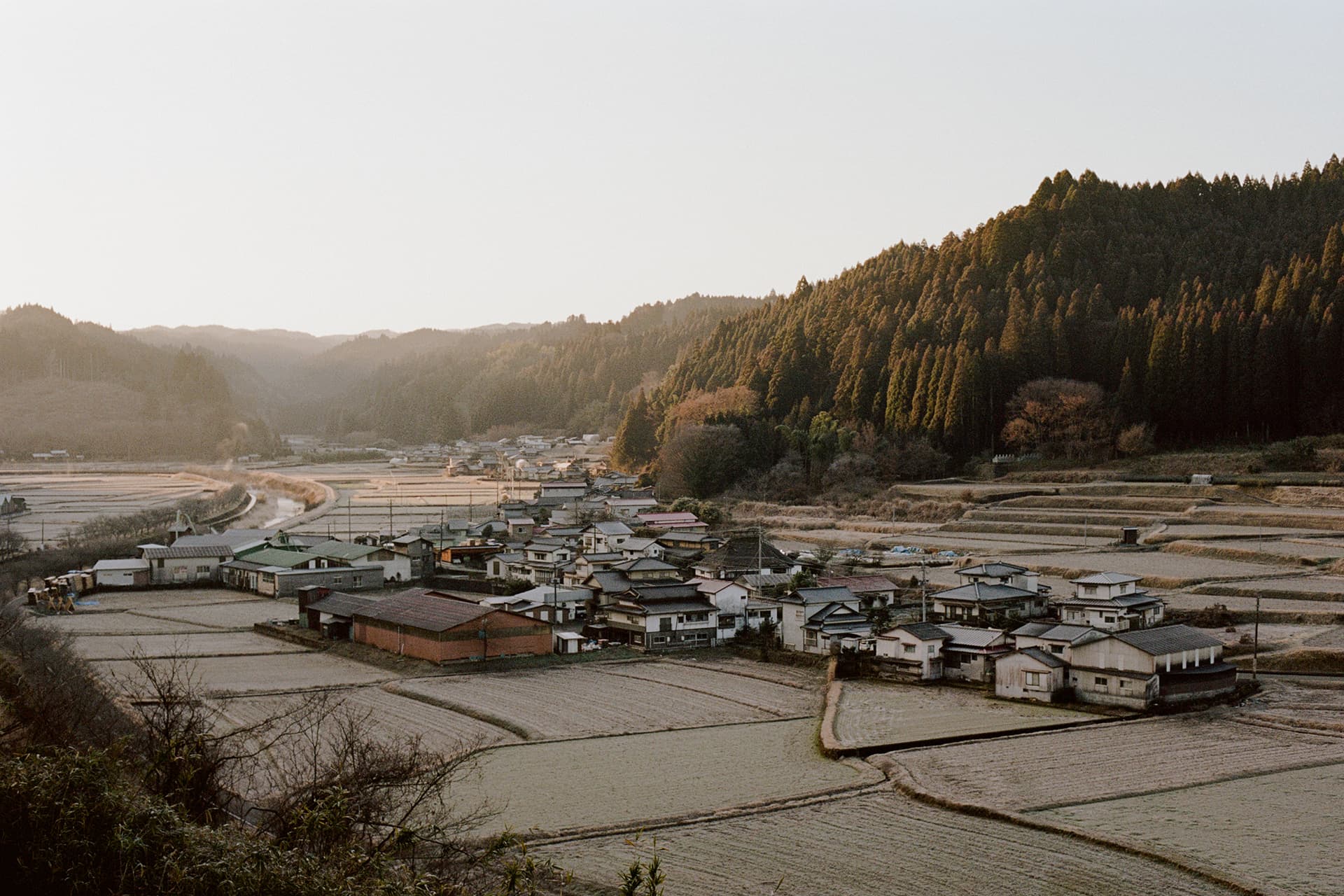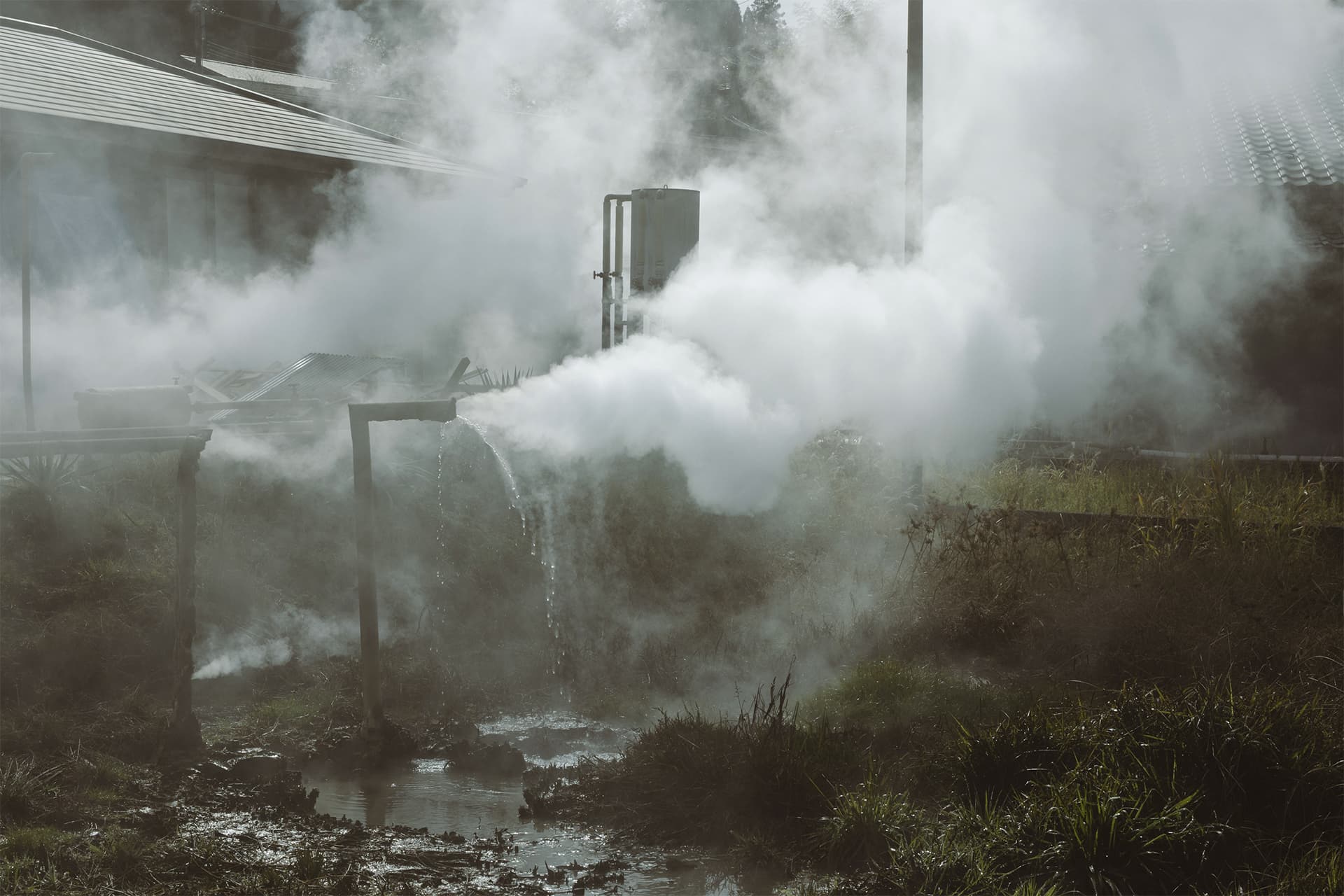
Oguni Cedar
Oguni Cedar
Oguni cedar is a branded wood known for its dense wood grain, high density, strength, and ease of use, making it highly regarded as a construction material. It was registered as a regional trademark in 2008 and defined as "cedar wood produced in the towns of Oguni and Minamioguni, Aso District, Kumamoto Prefecture.
"Oguni, one of Japan's long-established forestry areas, dates back to about 250 years ago when the Hosokawa Clan, which governed Higo Province, distributed 25 seedlings to each household. In Minamioguni, the majestic forest of cedar trees that were planted at the time is still carefully preserved.
Minamioguni Town, located in a mountainous area at an altitude of over 400 meters, boasts relatively low average temperatures similar to the Tohoku region in northern Japan, despite being in Kumamoto Prefecture, the southern part of Kyushu.
Summers are relatively cool, and winters bring severe cold, with temperatures dropping to around -10°C as the entire area freezes. This temperature contrast allows Koguni cedar to grow more slowly, resulting in particularly dense wood grain and exceptional durability.
Minamioguni's unique topography, situated on volcanic soils from Mt. Aso's eruptions, offers relatively minimal elevation differences, giving Oguni cedar its distinctive features. This results in wood with more consistent properties, making it suitable for construction.

